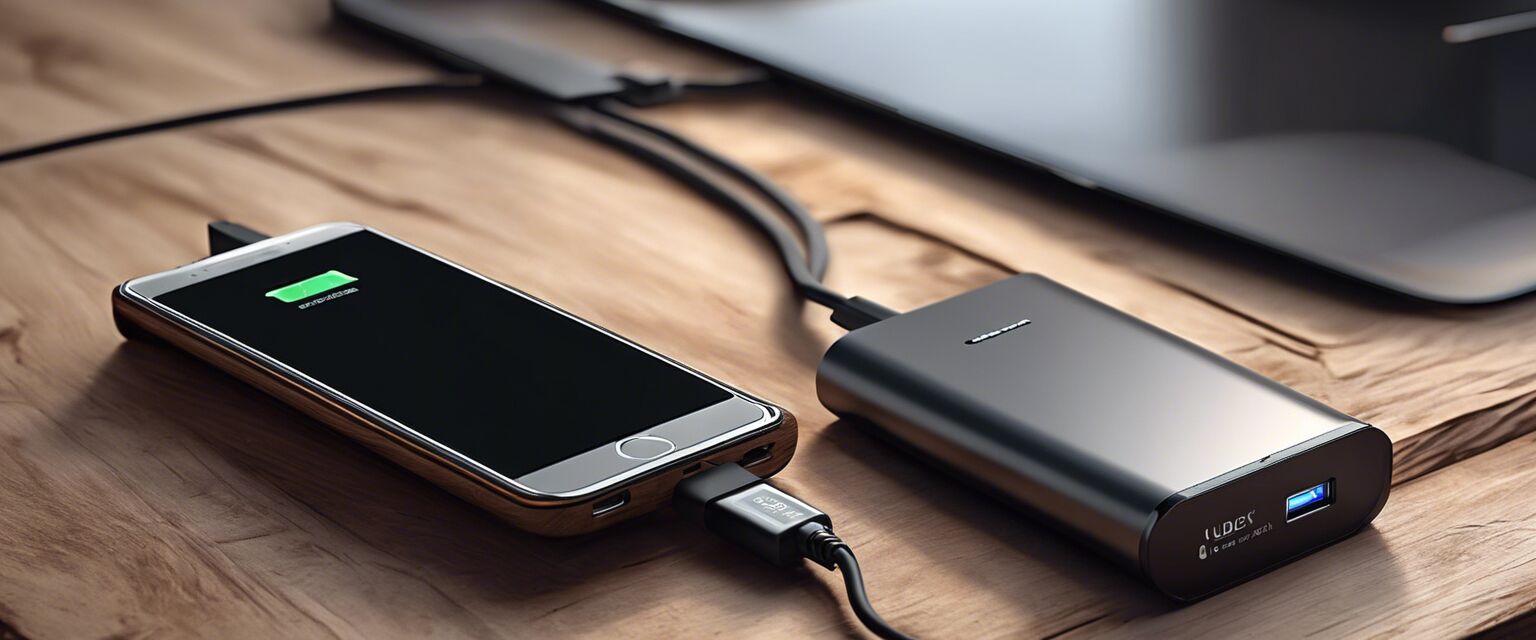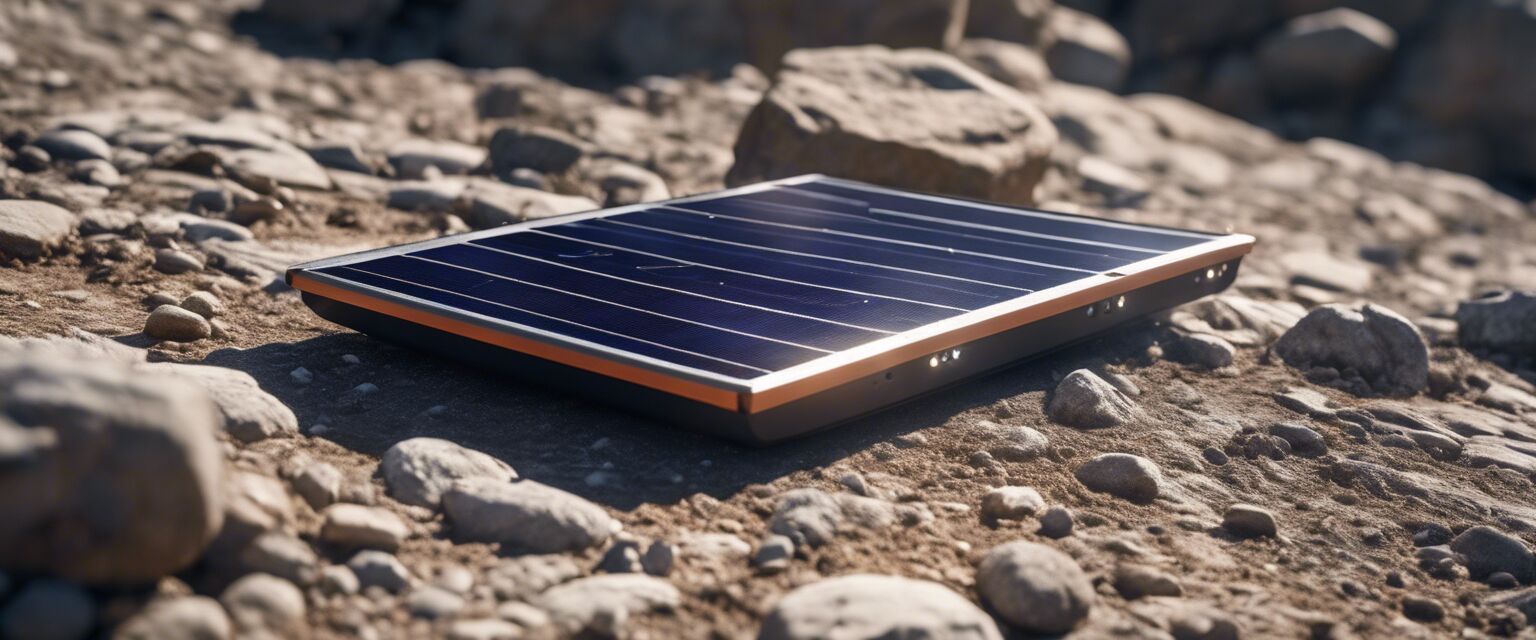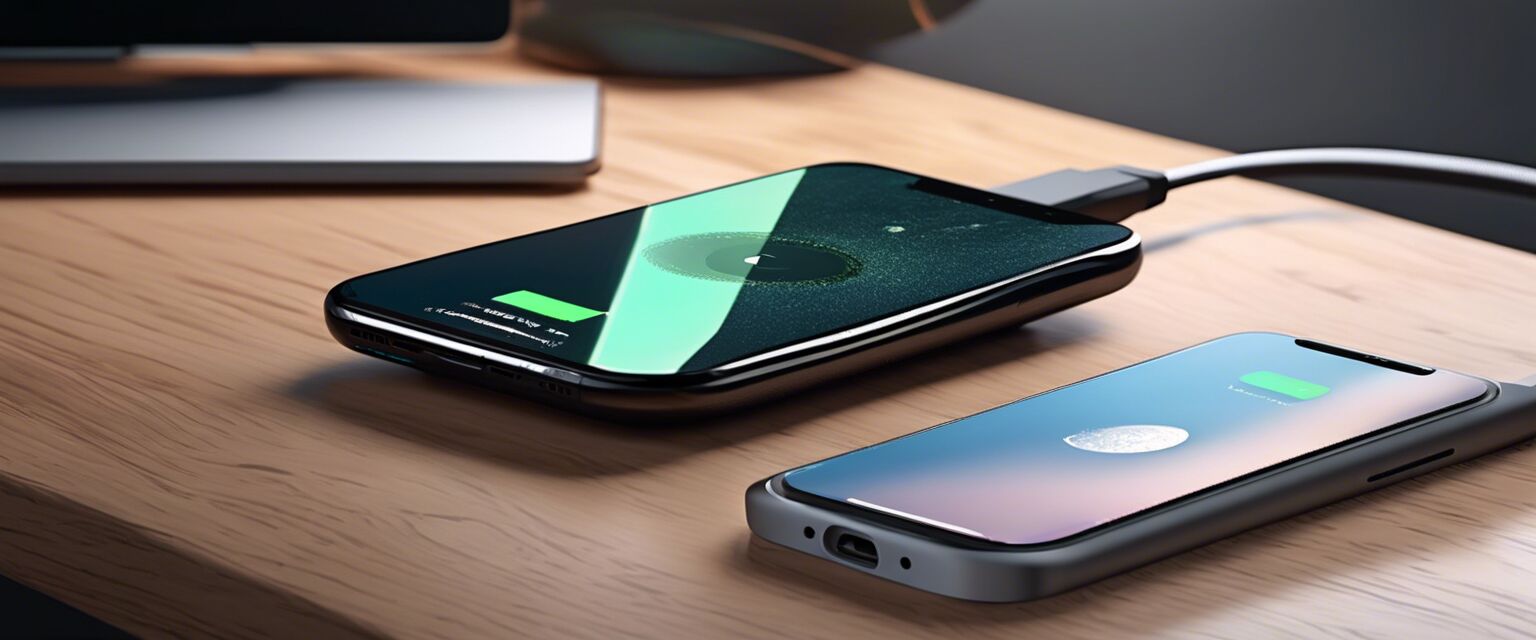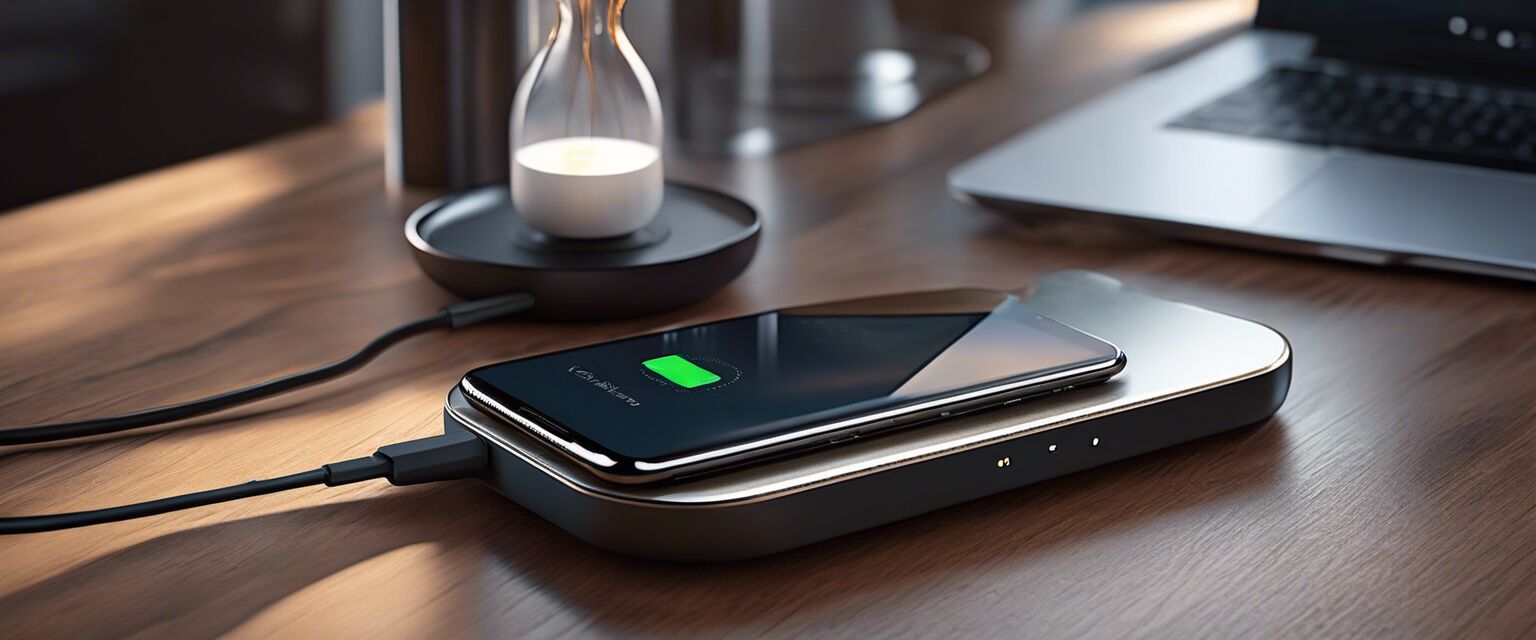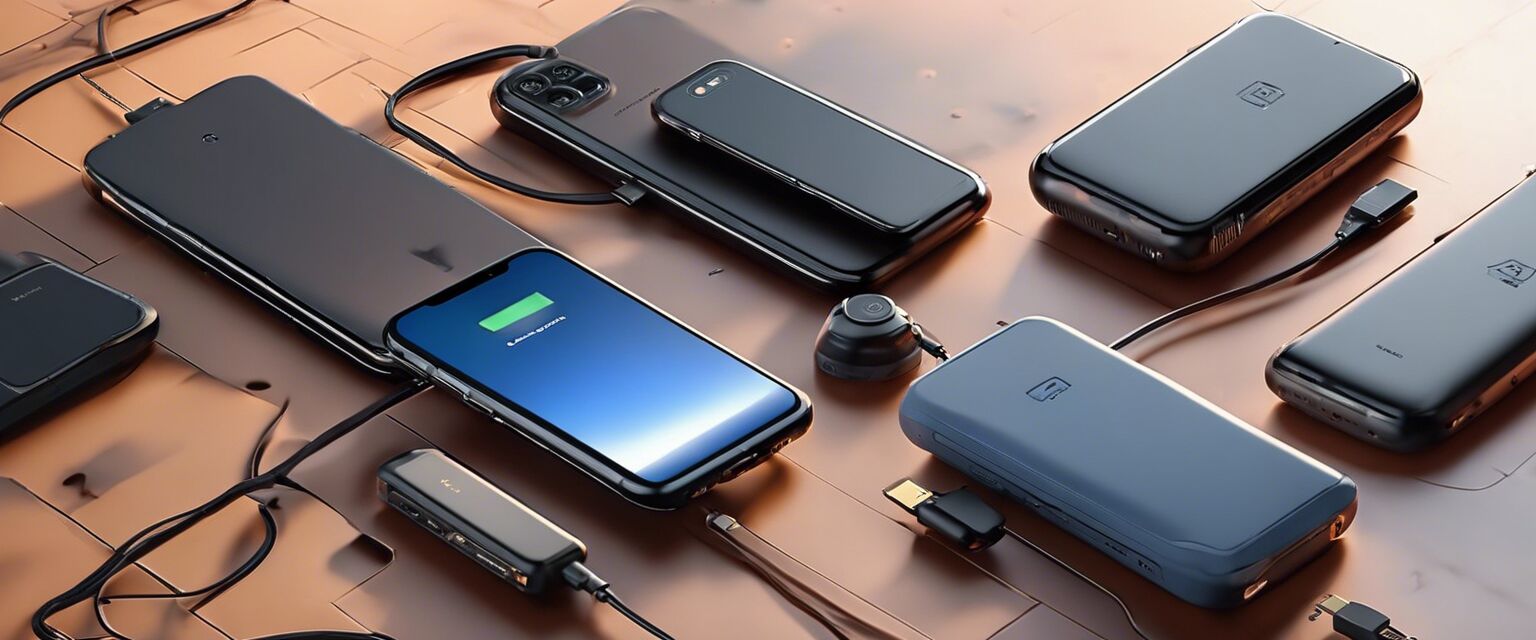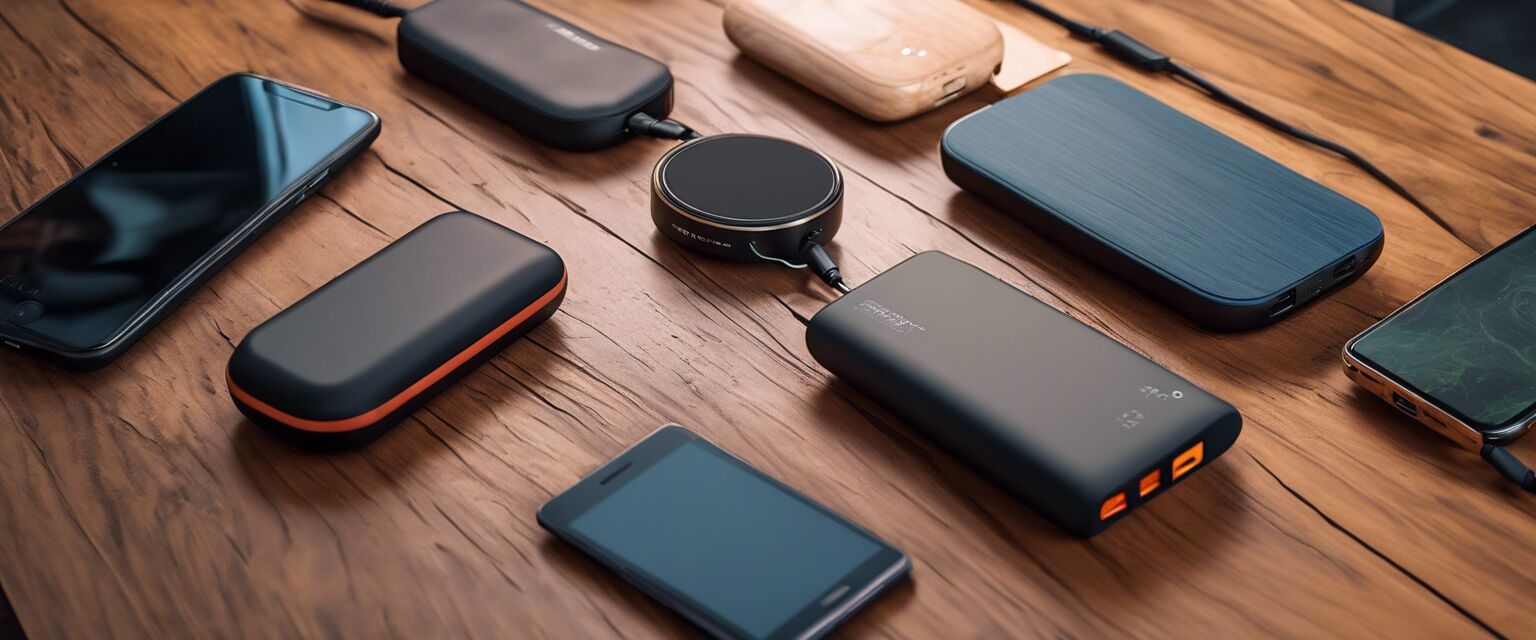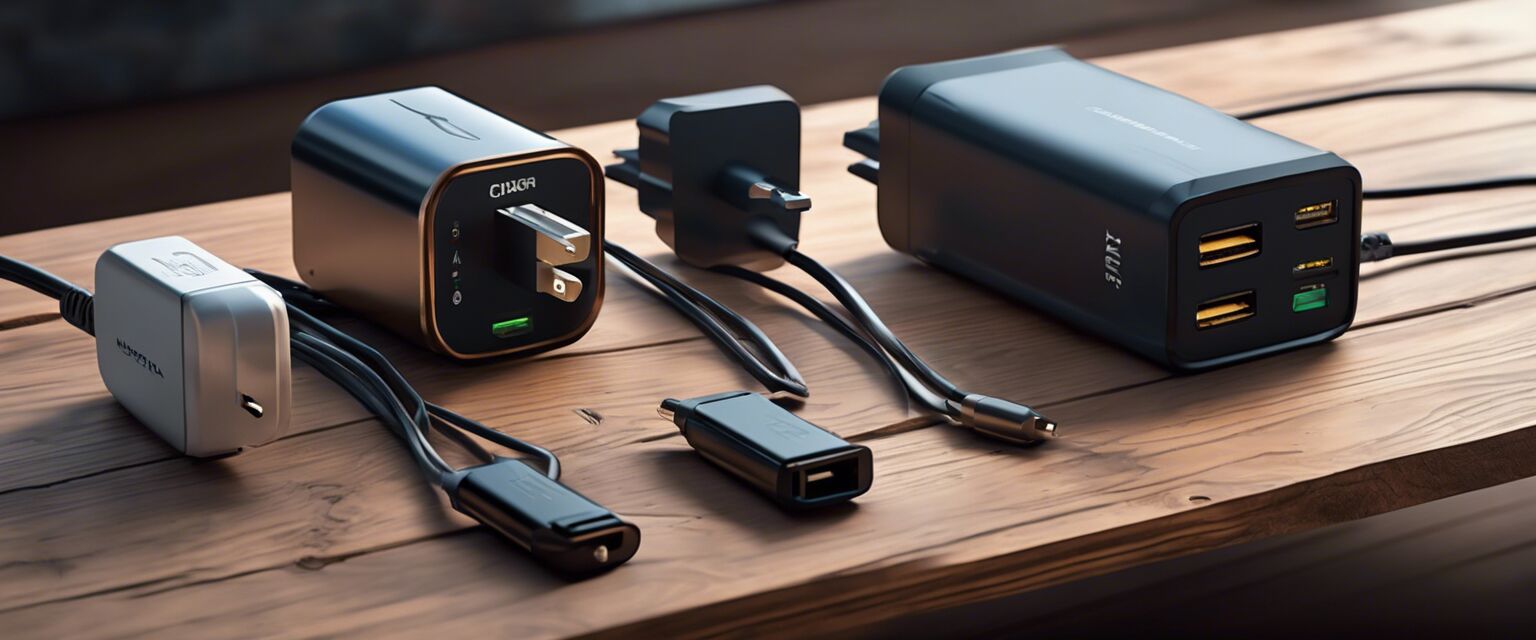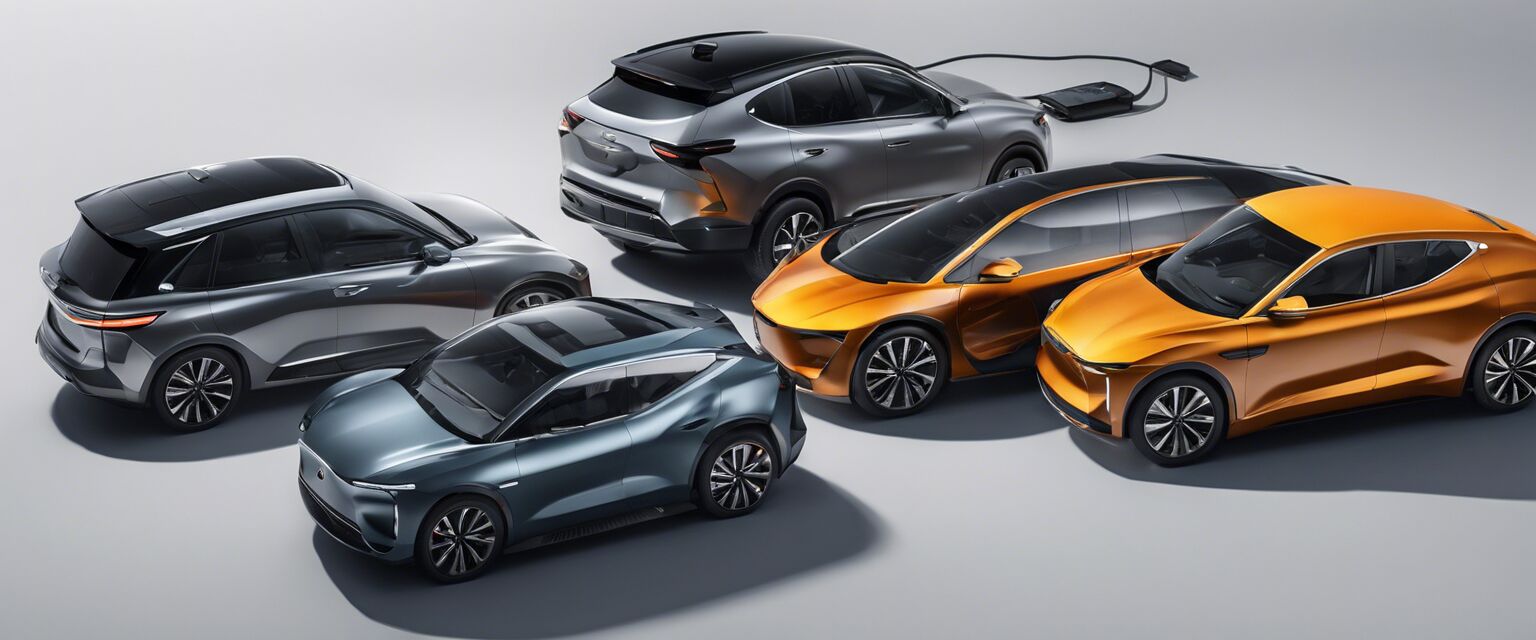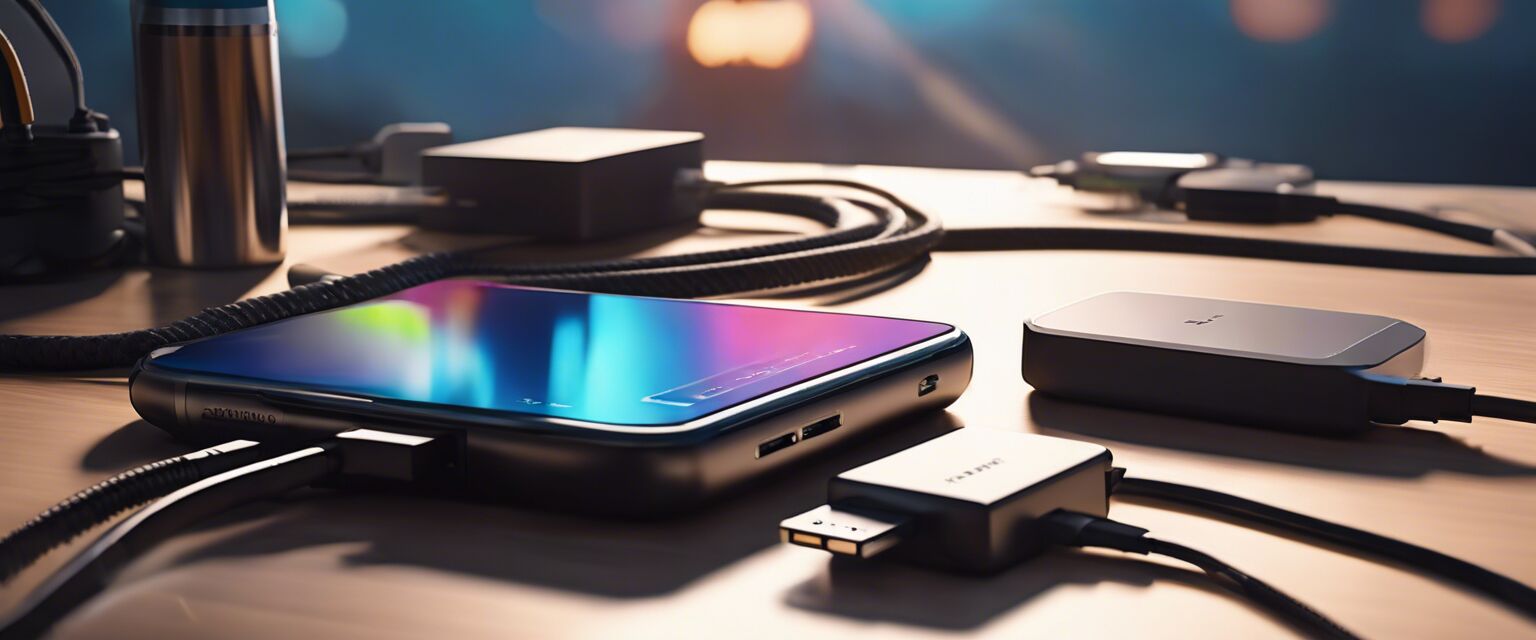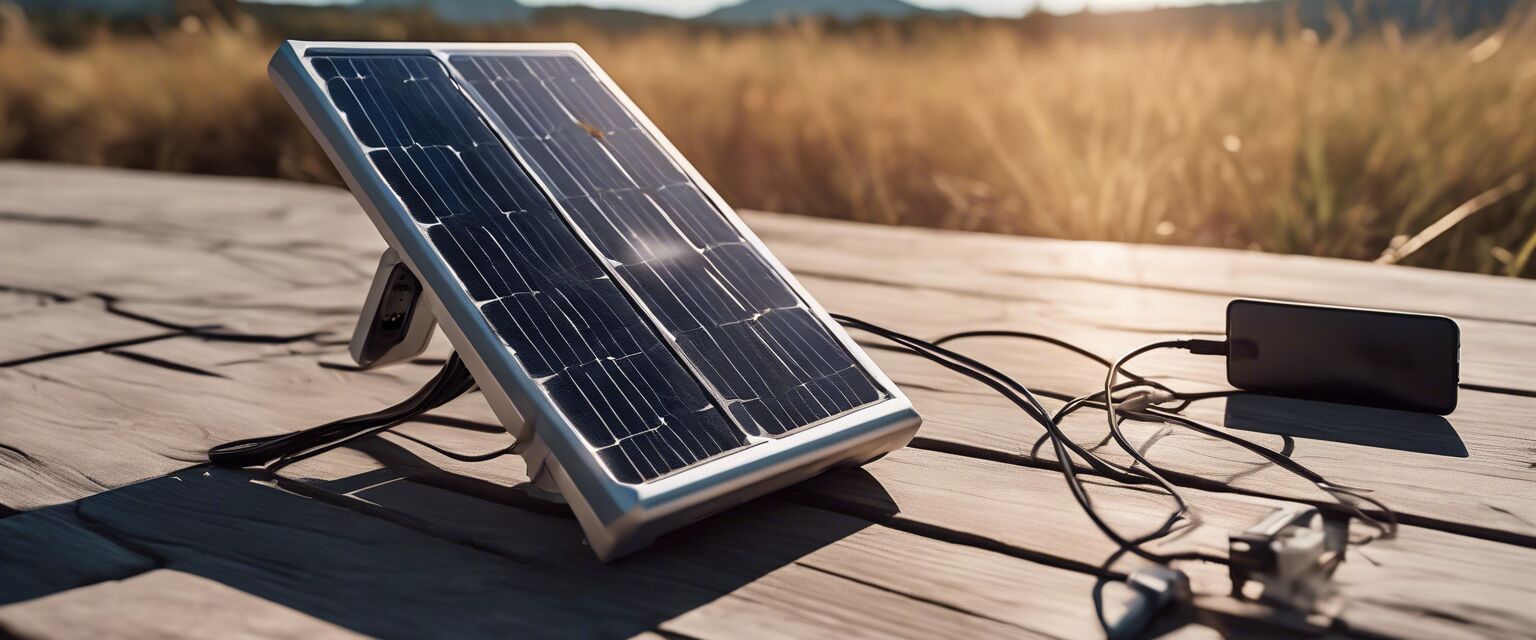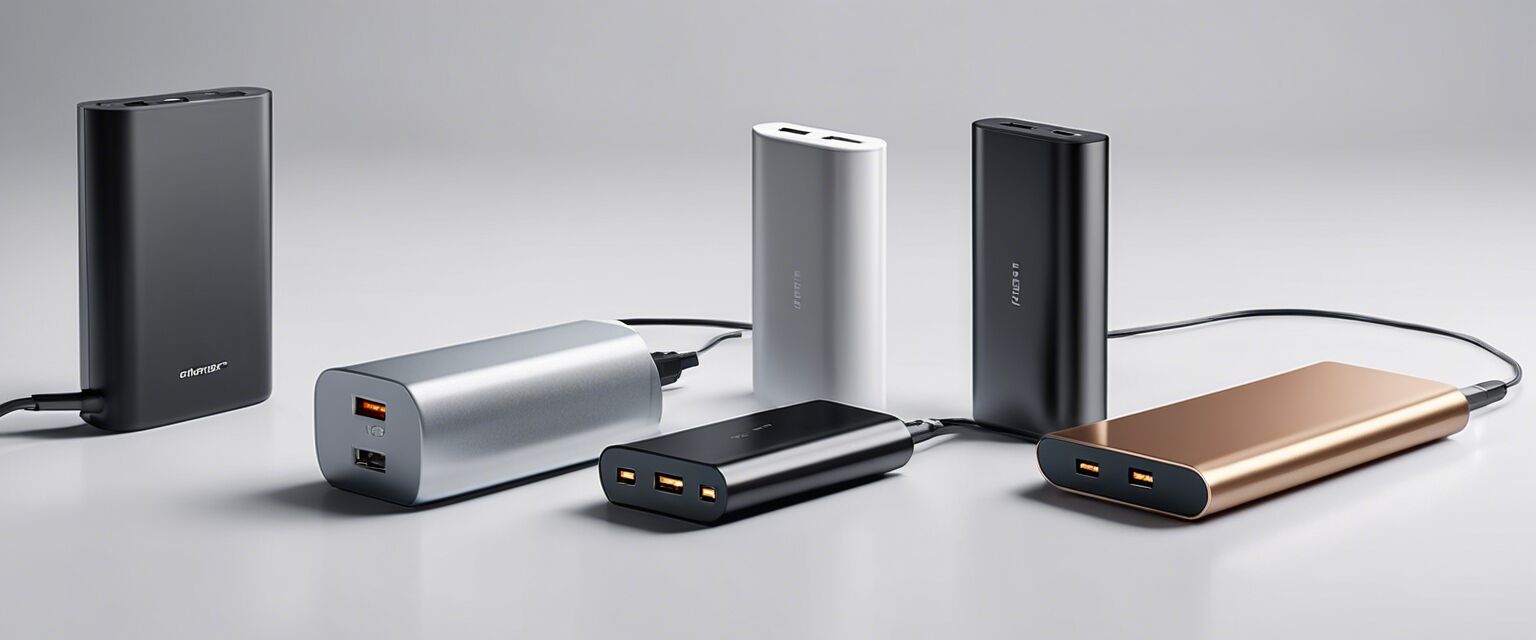
Portable Chargers: Comprehensive Guide on Features and Models
Key Takeaways
- Portable chargers come in various capacities and features.
- Important factors include battery capacity, size, and charging speed.
- Types of portable chargers include power banks, solar chargers, and wireless chargers.
- Choosing the right charger depends on your specific needs and usage.
In today's fast-paced world, staying connected is crucial. Portable chargers, also known as power banks, provide a convenient solution for charging devices on the go. This comprehensive guide will help you understand the different types of portable chargers, their features, and how to choose the right one for your needs.
What are Portable Chargers?
Portable chargers are devices designed to store electrical energy for charging smartphones, tablets, and other electronic devices while on the move. They are compact, rechargeable, and can be used multiple times, making them an essential accessory for anyone who relies on their devices throughout the day.
Types of Portable Chargers
There are several types of portable chargers available, each with its unique features:
- Power Banks: These are the most common type of portable chargers, available in various capacities.
- Solar Chargers: These chargers harness solar energy and are ideal for outdoor use.
- Wireless Chargers: These allow for cable-free charging, enhancing convenience.
Comparison of Different Types of Portable Chargers
| Type | Pros | Cons |
|---|---|---|
| Power Banks | High capacity, versatile, portable | Dependent on charging source |
| Solar Chargers | Environmentally friendly, good for outdoor use | Slower charging time, affected by weather |
| Wireless Chargers | Convenient, no cables required | Generally less efficient, may require compatible devices |
Key Features to Consider
When selecting a portable charger, keep the following features in mind:
- Battery Capacity: Measured in milliampere-hours (mAh), higher capacity means more charging potential.
- Size and Weight: Consider the portability of the charger based on your lifestyle.
- Charging Speed: Look for fast charging technology to minimize downtime.
- Number of Ports: Multiple ports allow charging several devices at once.
Understanding Battery Capacity
Battery capacity is a crucial factor that determines how many times you can charge your device. Hereâs a quick reference table:
| Capacity (mAh) | Charges |
|---|---|
| 5000 mAh | 1 Charge for most smartphones |
| 10000 mAh | 2 Charges for most smartphones |
| 20000 mAh | 4 Charges for most smartphones |
Top Models of Portable Chargers
Here are some popular models you might consider:
- Anker PowerCore 10000 - Compact and powerful.
- RAVPower Solar Charger - Ideal for outdoor adventures.
- CHOETECH Wireless Charger - Great for cable-free charging.
How to Choose the Right Portable Charger
Selecting the right portable charger involves considering your device's power needs, your lifestyle, and how often you travel. Here are some tips:
Beginners Section
- Assess your device's battery capacity to choose an appropriate charger.
- If you're often outdoors, consider a solar charger.
- For everyday use, a power bank with multiple ports can be beneficial.
Pros and Cons of Using Portable Chargers
Pros
- Convenience for charging on the go.
- Variety of options to suit different needs.
- Can charge multiple devices simultaneously.
Cons
- Some models may be heavy or bulky.
- Not all chargers are compatible with every device.
- Battery life can degrade over time.
Conclusion
Portable chargers are essential accessories for anyone who relies on their devices daily. By understanding the different types, features, and models available, you can make an informed decision on which portable charger best meets your needs.
Further Reading
For more information on charging solutions, check out our other articles on:
